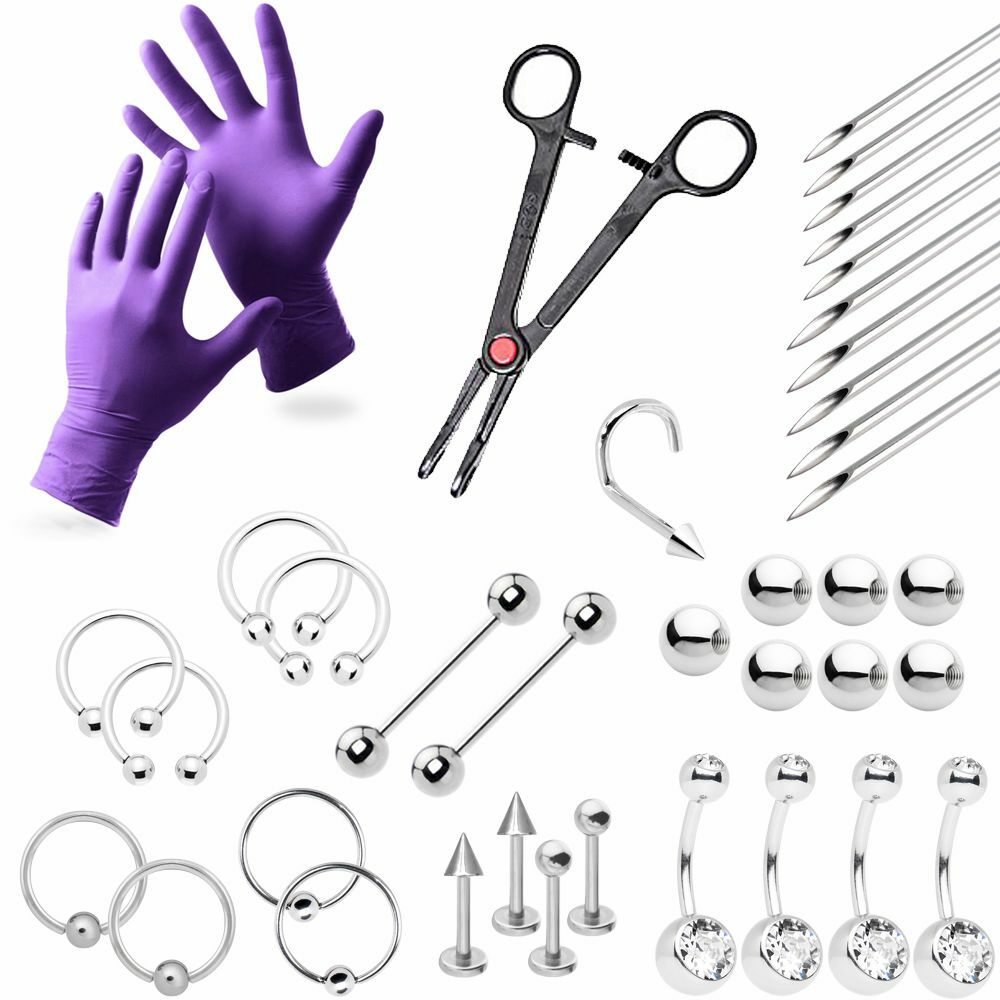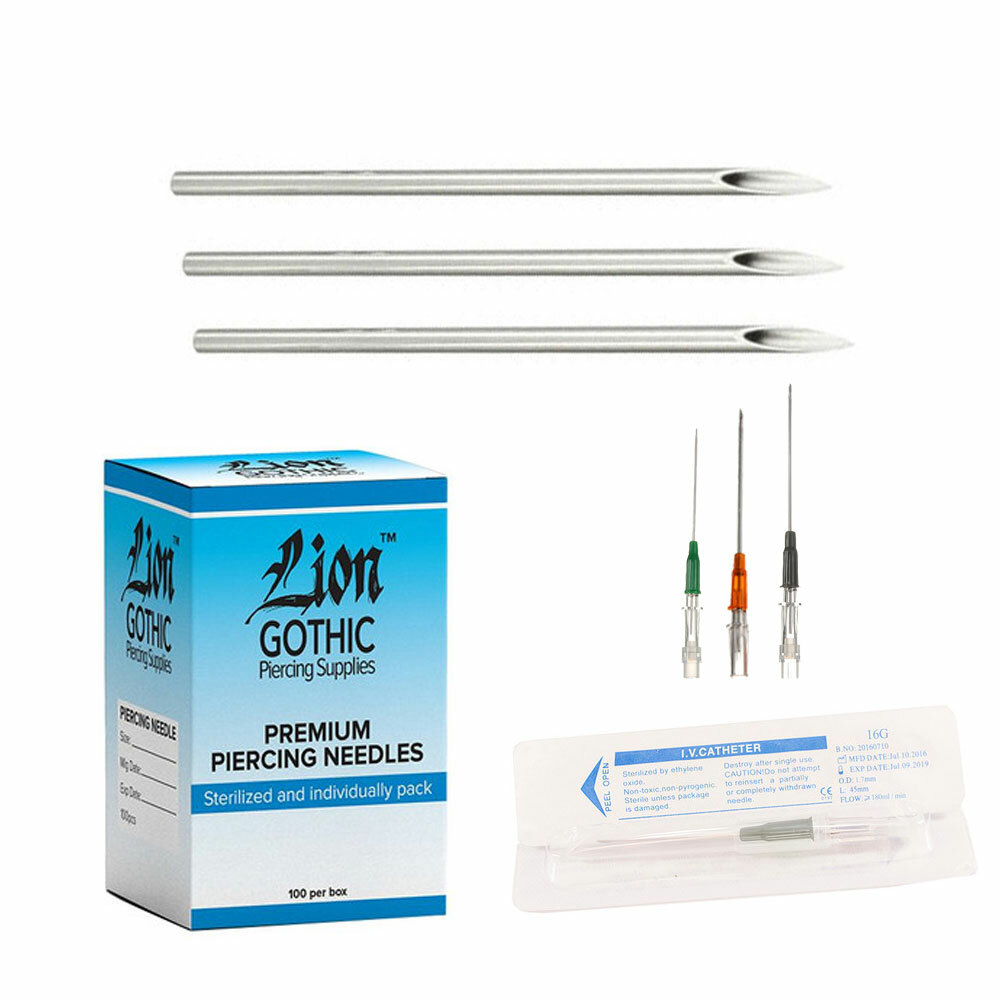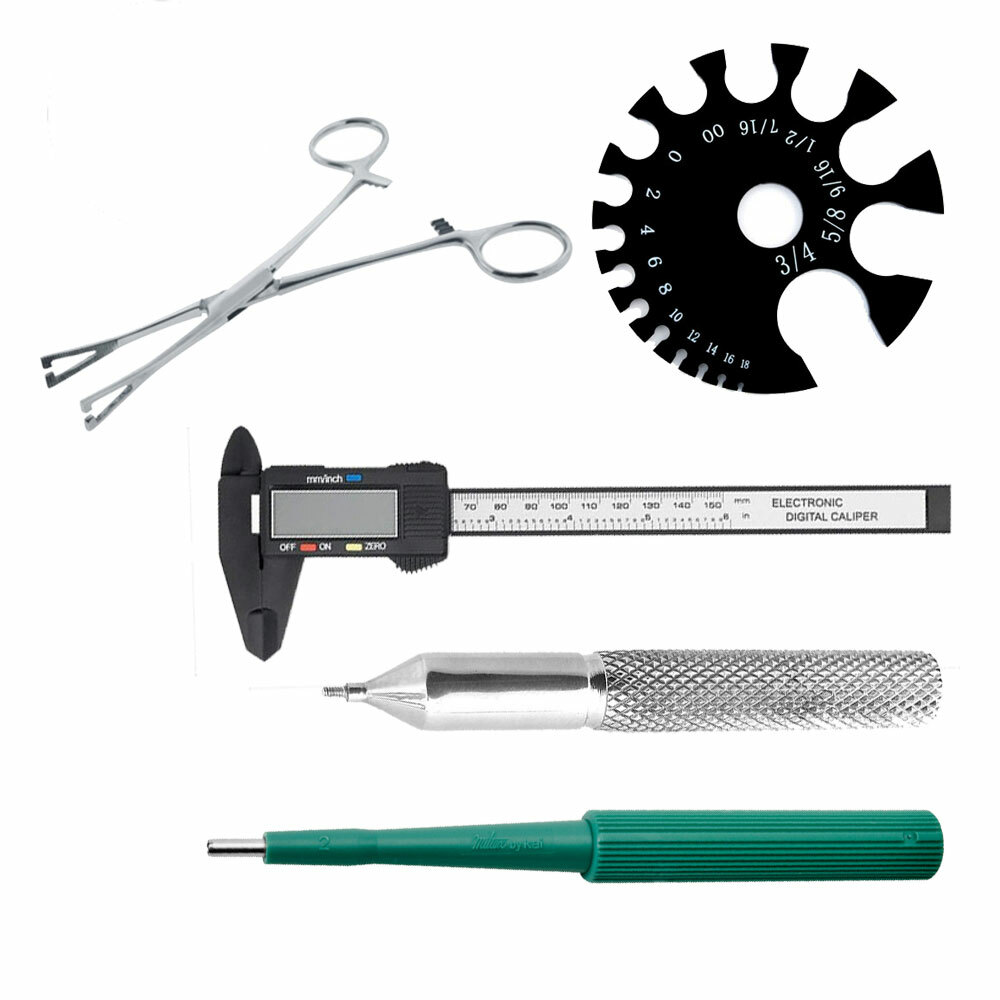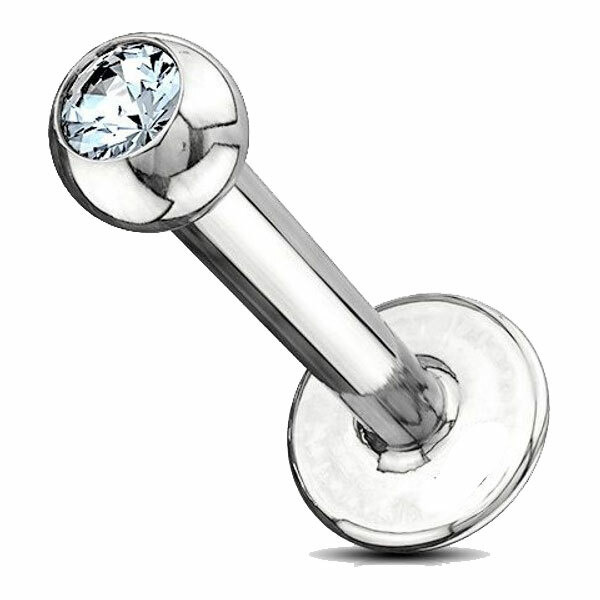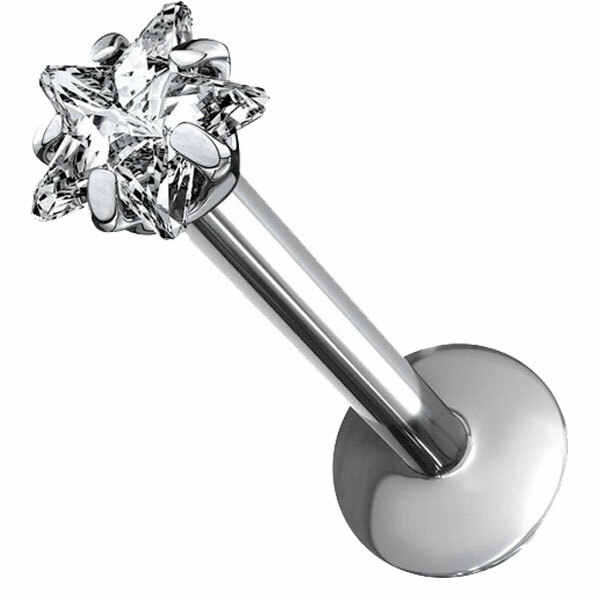At various points in history, people have pierced their bodies as a sign of independence, a fashion statement, or a cultural emblem. Nevertheless, it is critical to be aware of the necessary precautions to avoid harm as their popularity continues to rise.
Thus, the key elements that influence a safe piercing process include cleanliness, proper aftercare, and selection of the right specialist. Let’s explore everything about staying safe with piercings.
Choose a Professional Piercer
To prevent difficulties, it is generally advisable to make sure the person doing your piercing is a professional. In addition to advising clients on proper aftercare, a skilled piercer will make sure that they maintain hygiene to prevent infections and other problems.
Research Credentials
Make sure that the one you choose is licensed by the right groups, read reviews, and ask other people for recommendations.
Standards for Cleanliness and Hygiene
- To avoid getting infections, look for a studio that is clean and hygienic.
- In terms of safety, make sure that the studio only uses clean tools and disposable gloves. Also, make sure that the studio has a high level of cleanliness throughout the whole process.
Risks Associated with Piercings
Piercings as a general rule are not dangerous if done by a professional, however, there are always certain risks that come with the procedure. Being aware of these risks and finding ways to avoid them can make the piercing process as comfortable and issue-free as possible.
Infection
Infections are known to be among the most frequent adverse effects resulting from piercing procedures. Symptoms of an infection are soreness redness, inflammation, and pus coming out of the piercing area.
Allergic Reactions
Certain materials used in the jewelry of the piercing can result in an allergic reaction. Nickel-based products are known to be frequent allergens and may lead to reactions like itching skin, redness, and swelling of the skin. However, it is also necessary to evaluate cobalt and some specific types of alloys as possible allergens.
Keloids and Scarring
Excessive scarring that may be expected from a piercing site is usually in the form of keloids or hypertrophic scars. Keloids are typically smooth-surfaced and shiny, usually thicker and larger than the actual piercing.
Aftercare of Piercings
Aftercare is essential for piercing recovery and preventing infections and scars. A regular aftercare routine will help the healing process and keep the piercing healthy.
Immediate Aftercare
The immediate aftercare of piercing involves:
Cleaning routines:
- Clean it with a saline solution, preferably two times a day.
- Do not immediately use any products as they may be too strong and the piercing become red or irritated.
Don'ts for the first few weeks:
- You should avoid touching your piercings, especially with an unwashed hand.
- What you can do is clean the area using a clean disposable tissue or pad.
- To clean jewelry, it is recommended not to twist or turn the jewelry.
- Avoid rubbing alcohol or hydrogen peroxide, as well as any ointments.
- It is taboo to submerge the piercing in hot tubs, pools, and/or other bodies of water due to bacteria.
Recognizing Problems Early
The best time for identifying potential issues is as soon as they can be detected, to avoid the development of more severe conditions that may affect the piercing’s health.
Redness, Swelling, and Discharge
An allergic reaction or an infection could be the root cause of all these symptoms. Get medical help immediately if you experience any of these signs to avoid complications.
Infection Symptoms
This is a common feature of diseases, and it is critical in the treatment to be completely protected from all infections, particularly during the healing period. Other signs that you may notice when it comes to infection include increased pain, warmth, or purulent discharge; if such signs manifest, immediate medical assistance must be sought.
Jewelry Issues
If, for example, your jewelry has gotten stuck or become an irritation, you have to do something to ensure that it does not cause an even bigger problem.
Stuck Jewelry:
Do not attempt to remove it yourself as this may aggravate the situation or lead to further complications of the situation. Contact either the doctor or the piercer who performed the treatment.
Itching:
If you're feeling any pain, it's best to switch up the Jewelry or the material used to make it so it's better suited for your piercing location.
General Health Indicators
Diabetics with inadequate glycemic control may have a long-lasting reduction in capabilities to sustain wound healing and increased susceptibility to infections due to high blood glucose levels.
Similarly, Immune system illnesses like AIDS/HIV and others may delay healing and increase problems of your piercings. Piercings have particular considerations based on the type. Every form of piercing has special healing protocols.

Special Considerations for Different Types of Piercings
Different piercings require different care to heal and avoid complications.
Ear piercing
- Clean cartilage piercings twice a day with saline solution.
- Avoid sleeping on freshly pierced ears to avoid irritation.
- Recognize infection symptoms like redness or soreness.
Facial piercing
- Nose piercings, consider using a patch or cushion for the nose to prevent irritation.
- Lip piercings, apply cold packs to minimize swelling and discomfort.
- Eyebrow piercings, use moderate cosmetics and facial cleansers around to avoid irritation.
Body piercing
Tips for caring for specific body piercings such as Navel, Nipple, and Genital Piercings:
- Clean carefully with saline solution.
- Avoid tight garments that could irritate the piercing.
- Practice safe sex to avoid infections.
Oral Piercings
For tongue and lip piercings, special care is needed:
- For tongue and lip piercings, rinse your mouth with saline after eating.
- Ensure proper oral hygiene to avoid infections.
Safe Jewelry Choices
The correct jewelry selection is essential when choosing a piercing site to avoid difficulties and biological responses. The following should be taken into consideration while purchasing piercing jewelry:
Material Matters
For example, for men with sensitive skin, avoid cheap metal alloys such as copper, aluminum, or stainless steel but instead go for what is more friendly to the skin like surgical steel, titanium, or gold. Wear appropriate protective clothing to avoid incidents like allergy from the equipment, especially metallic ones like nickel.
Sizing and Fit
Make sure that the piece of jewelry is perfectly worn to avoid some of the complications like migration or rejection of the jewelry. Professionals realized that tight jewelry could be painful and hinder the healing of the incisions. More help check our size chart
Conclusion
Therefore, it can be understood that safety and health are very important factors to consider regarding piercing and piercing maintenance. If people would like to get piercings, a scenic and safe way to go about it is by following the right aftercare procedures, getting pierced by professional piercers, and choosing the right jewelry to be worn. However, one should understand that the best way to prevent these kinds of health issues is to stay alert and keep informed while getting a body piercing.
 Free Returns on all orders.
Free Returns on all orders. 

